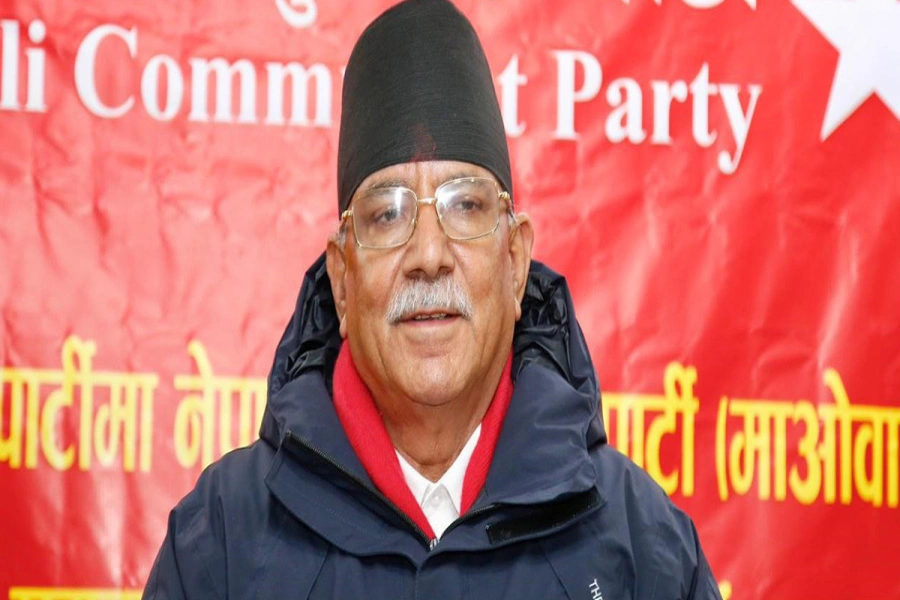In folktales like Sleeping Beauty, the prince comes in deus ex machina and rescues the princess. There is no explanation or plausible reason for these events. In terms of rationality, the resolution they provide is highly improbable.[break]
For many generations, this technique has been a staple of fantasy fiction. Let us start with Lord of the Rings, the story that established the fantasy genre. Frodo is an ordinary hobbit who starts out to destroy a ring that contains immense power. But somewhere along the way, the ring’s power bewitches him, and when the time comes for him to destroy it, he refuses to let his “precious” go. Along comes Gollum, who loves the ring with even more passion than Frodo, and bites Frodo’s finger off. Gollum and the ring (along with Frodo’s finger) both perish in a volcano. Gollum had been shadowing Frodo for ages, but his arrival at exactly the right time seems a little too contrived, as there would be no easy resolution without him.
Harry Potter has long had to contend with allegations of childishness. The allegations are usually made by people who judge a book by its cover, but the one thing that could classify Harry Potter as childish is generally ignored: the use of deus ex machina. Harry does not want to be a murderer, even of someone as evil as Voldemort. Hence, in the final battle, Harry does not speak the killing curse. Instead, he lets out a harmless disarming spell. And lo and behold, Voldemort is dead! Rowling offers many explanations for why this happens, but at the end of the day, this ending is extremely fantastic and improbable.
In an underrated but brilliant modern fantasy called The Mortal Instruments, the protagonists Jace and Clarissa both have come to hate their genocidal father, Valentine. But how do they resolve their problem? Clarissa and Jace are both bound and gagged when Valentine decides to invoke Angel Raziel. Valentine wanted Raziel to help him kill more people, but instead, it is Raziel who kills him on the spot. This might be the most literal interpretation of deus ex machina, with a godlike figure rising out of nowhere to resolve the story.
In Hunger Games, the protagonist Katniss makes friends with Rue, who reminds her of her own sister. They are both part of Hunger Games where participants kill each other one by one because only one can survive. Perhaps Katniss is the only one in this list who even came close to negating deus ex machina, as she honestly discusses her feelings with herself, and asks herself whether she would kill Rue when the time comes. But ultimately, she does not have to. In a very subtle piece of deus ex machina, Rue is killed by a random rival, and Katniss gets to indulge in righteous grief.

Illustration: Sworup Nhasiju
In earlier literature like Shakespeare’s, as discussed above, the deus ex machina simply solved problems and provided a resolution. But the modern deus ex machina has evolved into a way of avoiding responsibility for the protagonist. What would Frodo have done if there was no Gollum? Would he have become the new tyrant after Sauron? Would Harry have killed Voldemort if Expelliarmus hadn’t worked, or would he have let Voldemort regain his reign of terror? Would Jace and Clarissa have killed their father if they were not bound and gagged? Would Katniss have killed Rue?
Not every fantasy book contains deus ex machina, however, but most that have risen to fame do. Since fantasy provides a lot of possibilities, like magical elements and irrational explanations, it is easier to introduce last-moment solutions in fantasy. Even in the climax of Twilight, Alice brings in a random guy from nowhere to prevent bloodshed just in time. (Even though the quality of writing is not that great all through Twilight, this piece of deus ex machina takes the cake).
At this point, I want to be clear that I am not criticizing any of these books. Every book that I have listed here (apart from Twilight) is a personal favorite of mine. And yet I feel that for fantasy fiction to be taken as serious literature, deus ex machina must be addressed. What deus ex machina does is to take the decision away from the protagonist. In doing so, they take away the most important and powerful moments that could have been.
The writer is a sociologist and freelance journalist and can be contacted at sewa.bhattarai@gmail.com
'Mainali Fiction Honour' to Sagar






































